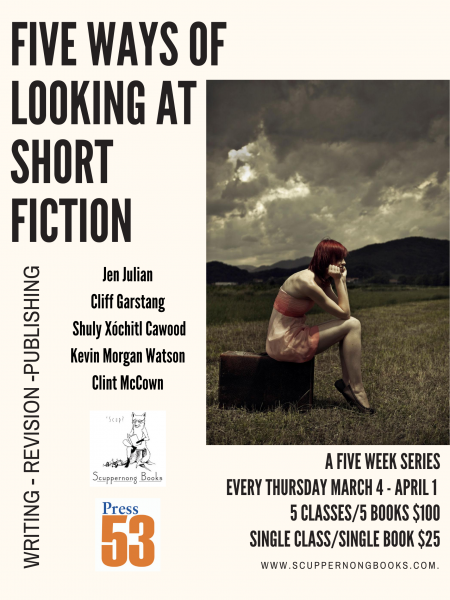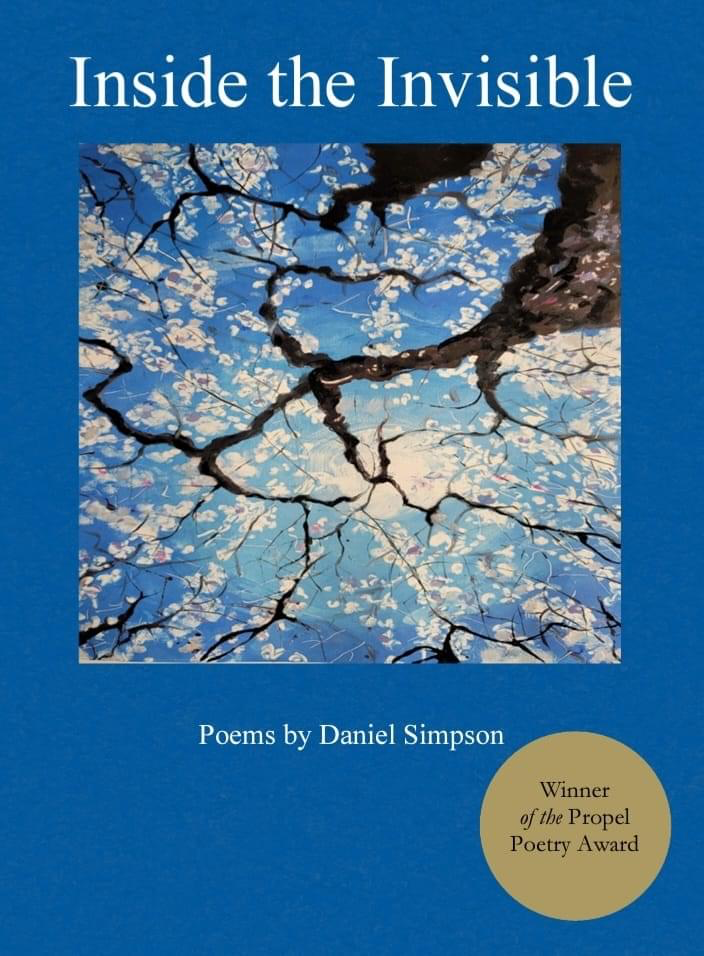In Love by Amy Bloom is a memoir about the end of Bloom’s husband’s life in an “accompanied suicide.” Married in 2007 after leaving other partners, Bloom and her husband Brian were mostly very happy, but eventually they both noticed worrisome signs that resulted in a diagnosis of early onset Alzheimer’s Disease. In 2019, it got so bad that they explored options for suicide, which in the US can be problematic, legally, eventually contracting for the services of a Swiss organization called Dignitas. The book details a lot of their life together and also the pain that the Alzheimer’s caused them. When they are finally approved by Dignitas (needing medical and psychological evaluations), they go to Zurich and Brian’s life is ended (in a process that reminded me having my dog put to sleep). Bloom returns home, plans a memorial, writes this book, and gets on with her life. It’s a beautifully told story about an experience you wouldn’t wish on anyone. It also raises a lot of questions and made for an interesting book club discussion.
Milkman by Anna Burns won the Man Booker Prize a couple of years ago and it’s no surprise. It’s an impressive achievement of voice and, at the same time, of social commentary. I’ve seen complaints about its lack of a plot, and it’s true that the central conflict could probably have been presented and resolved in a short story, but there is so much more to admire here than just the plot. The narrator is a young woman who has a boyfriend (or a “maybe-boyfriend”), but she is also being stalked by a “Renouncer”—a member of the IRA, presumably, opposed to the British occupation of Northern Ireland. Instantly, rumors abound that she is having an affair with the Renouncer, and no one will believe her denials. There are many wonderful side-plots as well, including her relationships with her boyfriend and her mother, also with her siblings, and with others in the community. I listened to the beautiful audiobook of this novel, which helped me get through it, but I also borrowed a copy from the library so I could also read some of it on the page. I’m not sure I would have liked it as much if I had only read it, because the pages are dense with type—long paragraphs, no dialogue breaks, syntax that on the page seems to go nowhere. But on the whole, I liked it very much.
The Storm is Upon Us: How QAnon Became a Movement, Cult, and Conspiracy Theory of Everything by Mike Rothschild seems to be a reasonably comprehensive overview of the origins of the bizarre Q movement. It lays out the timeline of Q, many of its weird claims, and the nature of its believers. We don’t learn definitively who Q is/was, although there is some speculation that has also appeared elsewhere. And, therefore, we don’t learn exactly WHY it came into existence, except that cults and conspiracies often draw people in, inexplicably. Near the end of the book, Rothschild suggests that after Q disappeared (has he?—there’s been a recent reappearance, apparently), some believers have gravitated to hate groups with which QAnon had some overlap, which makes a lot of sense. (The Jan. 6 Insurrection, after all, was a joint production of QAnon believers and some of those groups.) Anyway, I learned a lot from the book and recommend it if you’re curious about Q.
Hell of a Book by Jason Mott won the 2021 National Book Award for Fiction. It’s about a novelist who is on tour to promote his book, Hell of a Book, and he’s supposed to be working on his second novel. But he’s overwhelmed by it all and begins seeing The Kid, who is imaginary but insists he’s real, who seems to represent the tragic killing of countless young black men and boys, an apparition and problem that just won’t go away. But maybe The Kid is also the author as a child. Gradually we discover the novelist’s connection to The Kid and also learn about his own background that he has worked so hard to repress. We also eventually learn what his book is about, although he is reluctant to talk about it even during promotional interviews. Some of the characters are over-the-top offensive, such as the author’s agent and publicity consultant who give him ridiculous advice.
Hollows by Tommy Dean is a collection of flash fiction. Dean has become well known for his flash stories, publishing them frequently in literary magazines and teaching the subject. I confess that I am not a huge fan of the form these days, although I’ve written quite a few myself, and when reading a collection of them I find that they don’t stay with me. That said, the writing here is excellent and I recommend reading it slowly, maybe just a couple of pieces a day. They tend to be dark, focusing on troubled individuals in hard times, which is something that contributes to their power.
Admit This to No One by Leslie Pietrzyk is an enjoyable collection of linked short stories. They revolve–maybe orbit would be a better word–around an unlikable character who happens to be the Speaker of the House of Representatives, but the stories themselves are focused on some of the people around him–daughters from different marriages, his chief of staff, another staffer. Much of the book is set in Washington DC (like my own novel in stories, WHAT THE ZHANG BOYS KNOW) and because of the Speaker’s position, the stories are often about the power some people have over others and how that power is used. Terrific book.


